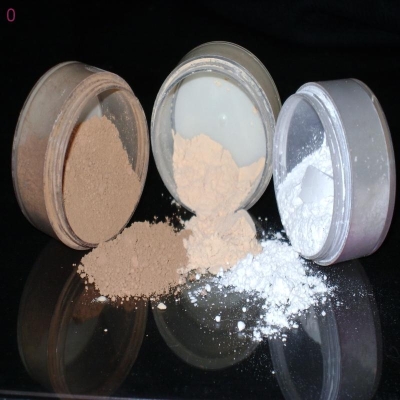-
Categories
-
Pharmaceutical Intermediates
-
Active Pharmaceutical Ingredients
-
Food Additives
- Industrial Coatings
- Agrochemicals
- Dyes and Pigments
- Surfactant
- Flavors and Fragrances
- Chemical Reagents
- Catalyst and Auxiliary
- Natural Products
- Inorganic Chemistry
-
Organic Chemistry
-
Biochemical Engineering
- Analytical Chemistry
- Cosmetic Ingredient
-
Pharmaceutical Intermediates
Promotion
ECHEMI Mall
Wholesale
Weekly Price
Exhibition
News
-
Trade Service
Foreign media say fragments produced by the human body when it converts food into energy accumulate with age. New research suggests that one of these metabolic wastes plays a potentially deadly role in cancer development. The findings enrich knowledge of how the aging process increases people's risk of developing deadly cancers and offers potential ways to stop tumor metastasis.
the study was based on scientists' research on tumor metastasis, AFP reported on August 19. Tumor metastasis refers to the process by which cancer cells detach from the original tumor and form new tumors in other parts of the body. The new research paper was published in the British journal Nature on the 19th.
's observations of metastasis cancer cells reveal something of interest - high levels of a substance called methyl propylene acid (MMA), a metabolic by-product that appears to accumulate as people age.
to determine whether MMA may play a role in tumor metastasis, scientists studied how tumor cells in lung and breast cancer respond when exposed to blood samples from people 30 years of age and younger or 60 years of age and older.
when exposed to blood samples from 30 young blood donors, cancer cells showed no change in 25 of them.
when exposed to 30 blood samples from older people, cancer cells began to exhibit different characteristics in 25 blood samples. The study found that these cancer cells are more "migrating and invasive" and resistant to two drugs commonly used to treat cancer. When these cancer cells were injected into mice, they formed metastases in the mice's lungs.
, how does MMA induce these changes in cancer cells? The key seems to be a reprogramming process that "starts" the SOX4 gene.
to verify that the SOX4 gene actually altered the properties of cancer cells, the team blocked the gene's expression and found that MMA no longer seemed to have the same effect.
block the SOX4 gene, which also causes cancer cells to break off during the course of two cancer treatments.
hope to eventually develop treatments that lower MMA levels and thereby reduce cancer mortality," John Blaenis, a professor of pharmacology at Weir Cornell School of Medicine in the United States who led the study, said in a statement.
report also points out that many mysteries remain, including why MMA accumulates with age and whether the mechanisms observed by researchers in blood samples and mice can also appear in humans.
.







